The living conditions of children with shared residence – the Swedish example
$0.00
Among children with separated parents, shared residence – i.e., joint physical custody where the child is sharing his or her time equally between two custodial parents’ homes – is increasing in many Western countries and is particularly common in Sweden. The overall level of living among children in Sweden is high; however, the potential structural differences between children in the various post-separation family to the daily hassles and stress when having two homes.
This study aims at investigating the living conditions of children with shared residence compared with children living with two custodial parents in the same household and those living with one custodial parent, respectively. Swedish national survey data collected from children aged 10–18 years (n≈5000) and their parents were used. The outcomes were grouped into: Economic and material conditions, Social relations with parents and peers, Health and health behaviors, Working conditions and Safety in school and in the neighborhood, and Culture and leisure time activities.
Results from a series of linear probability models showed that most outcomes were similar for children with shared residence and those living with two custodial parents in the same household, while several outcomes were worse for children living with one parent. However, few differences due to living arrangements were found regarding school conditions.
This study highlights the inequalities in the living conditions of Swedish children, with those living with one parent having fewer resources compared with other children.
Presenter
Dr. Emma Fransson
Centre for Health Equity Studies, Sweden
Emma Fransson is a child psychologist and epidemiologist at Stockholm University and the Karolinska Institute in Sweden. She holds a PhD from the same institution. Her expertise is in the health and social implication of shared parenting arrangements for children after their parents are divorced. Dr. Fransson is the co-lead investigator on the Elvis Project at the Center for Health Equity Studies jointly run by Stockholm University and the Karolinska Institute which follows children after their parents divorce or separate, measuring the children’s physical and mental health outcomes. She has also studied the effects of stress during pregnancy.

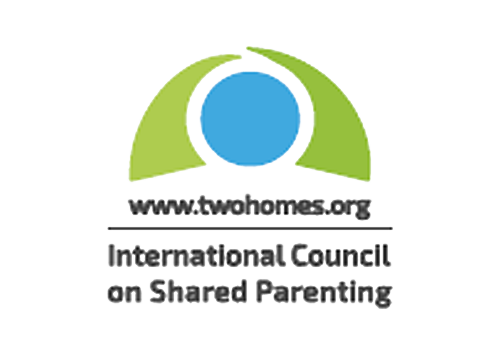
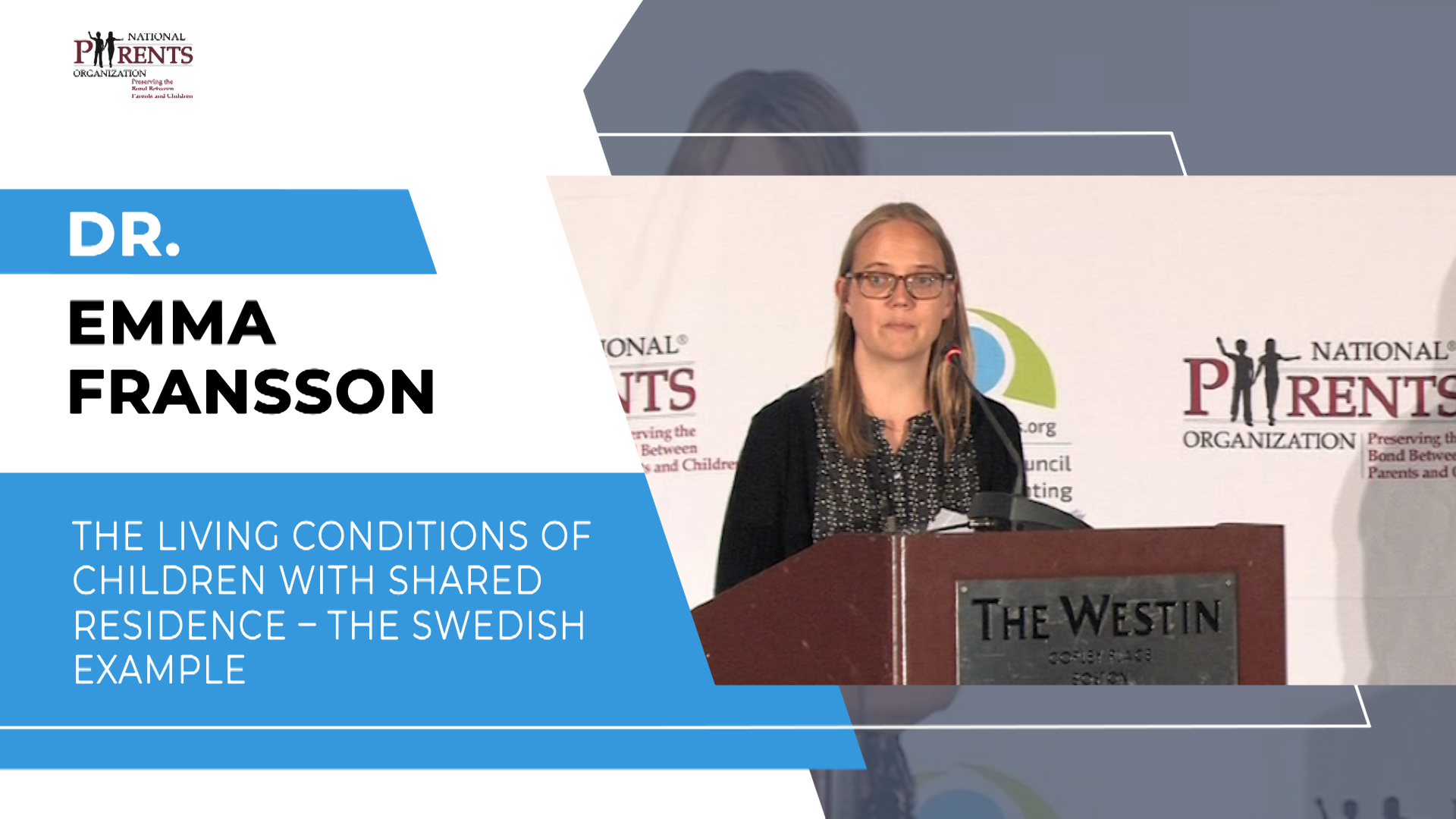
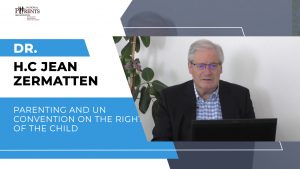
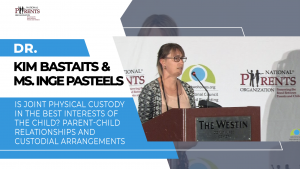
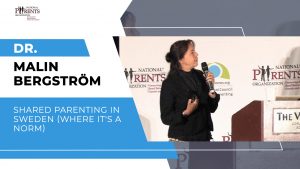


Reviews
There are no reviews yet.